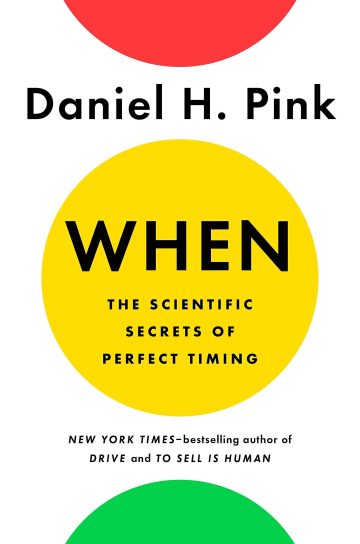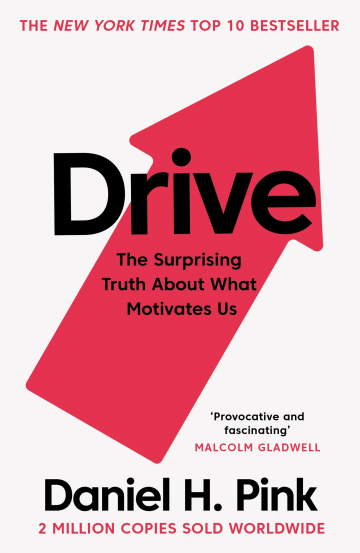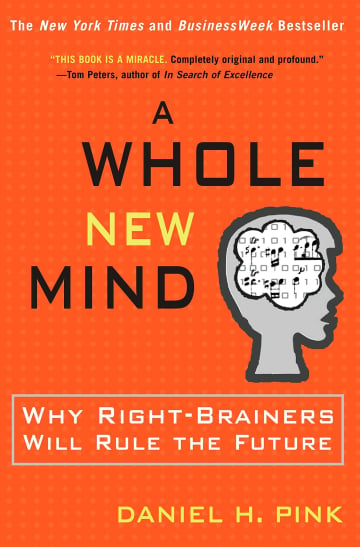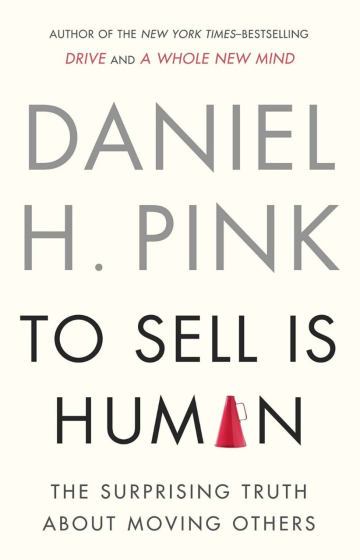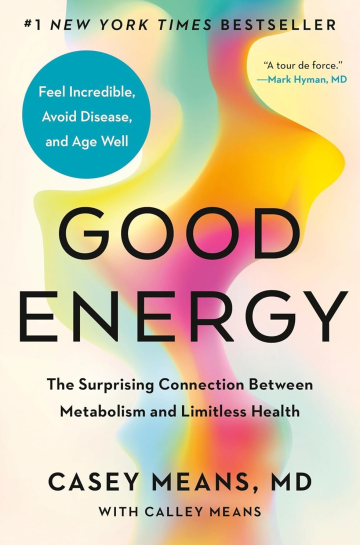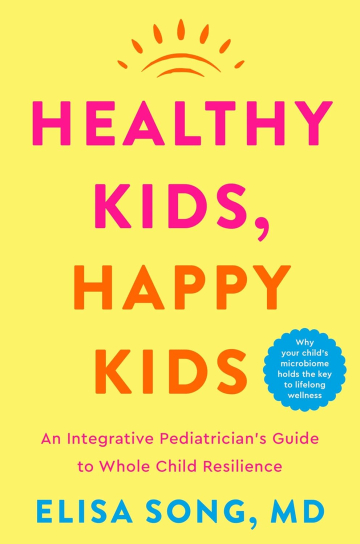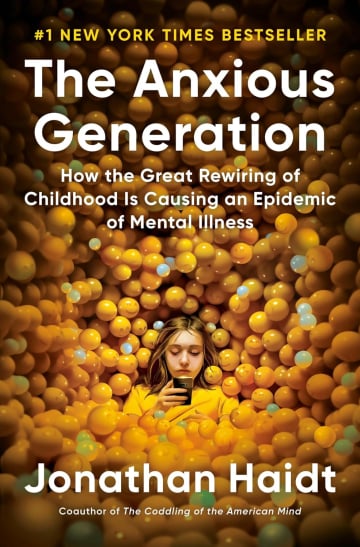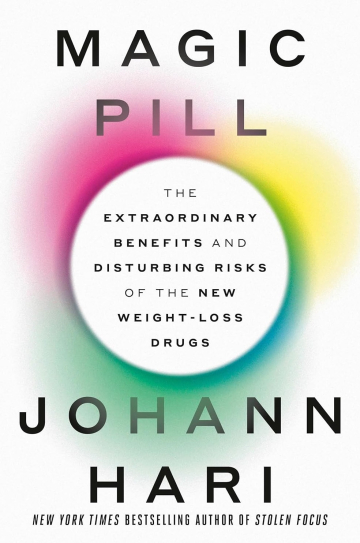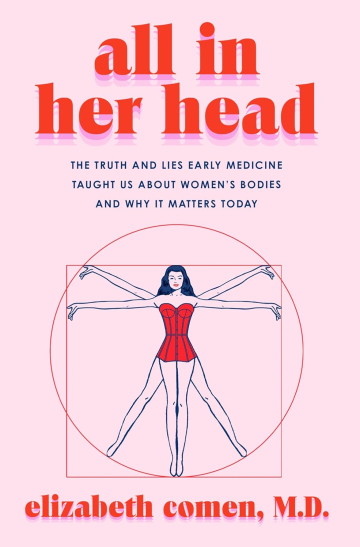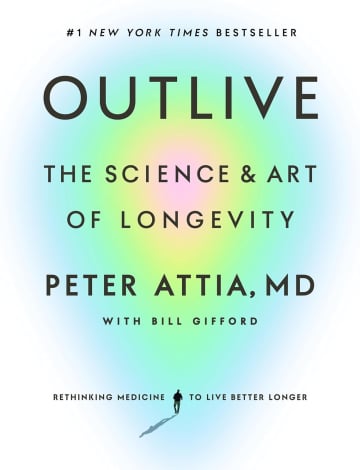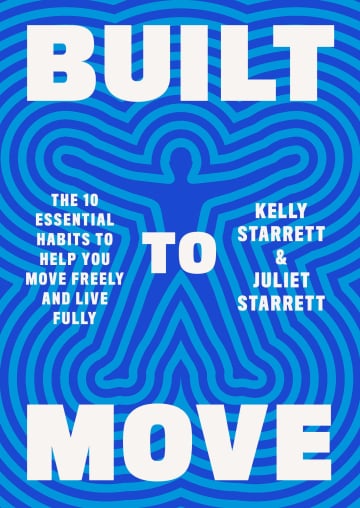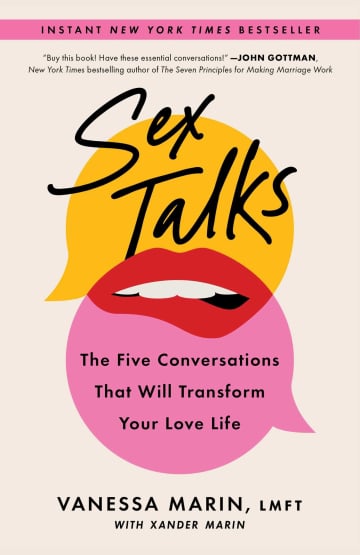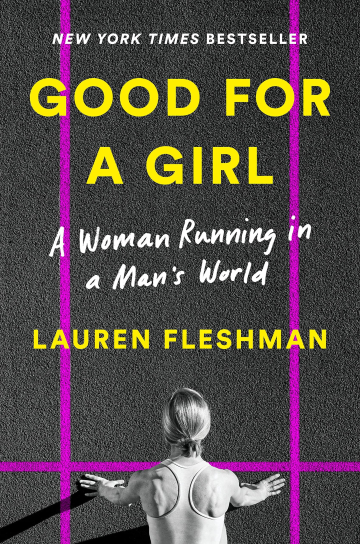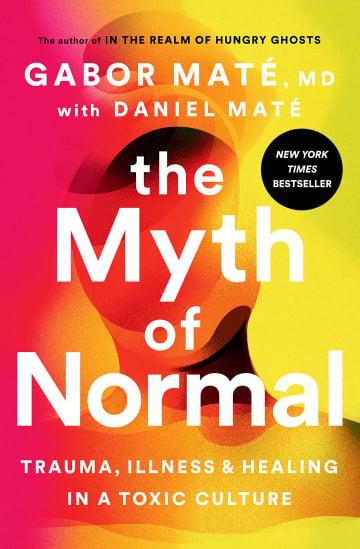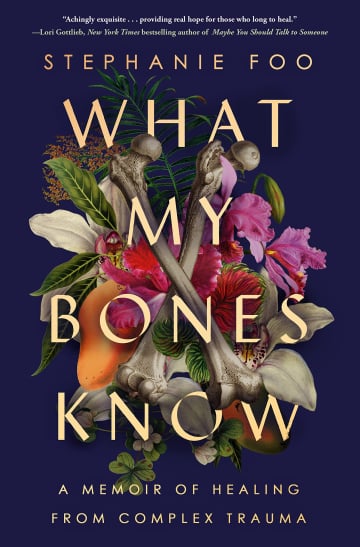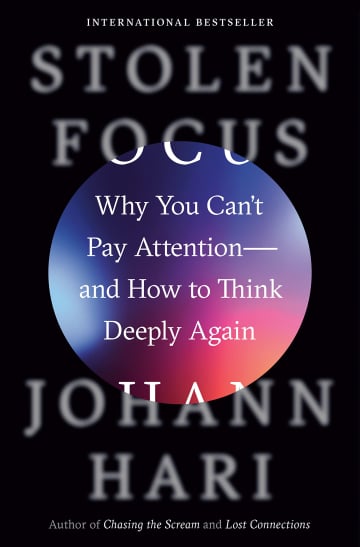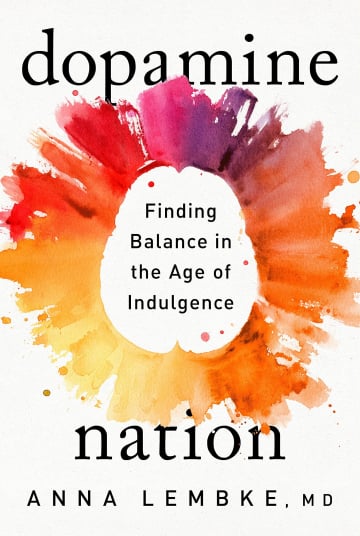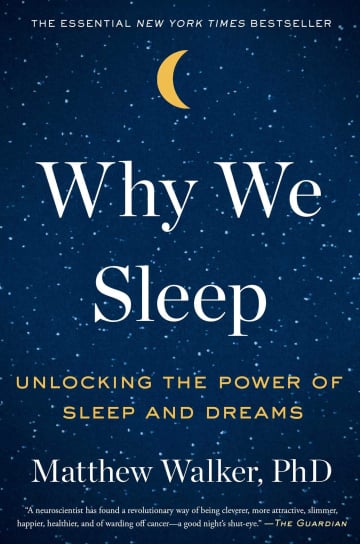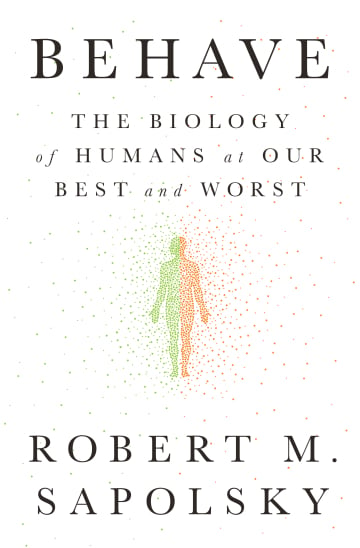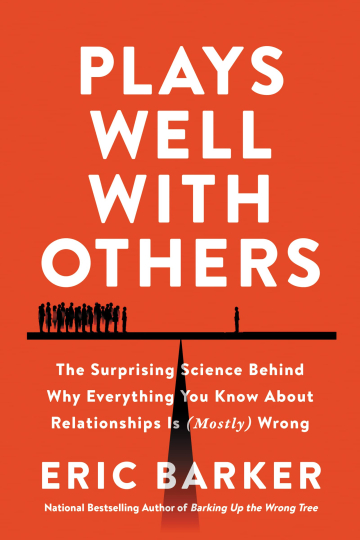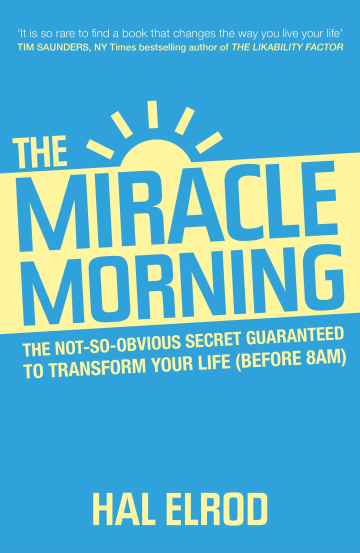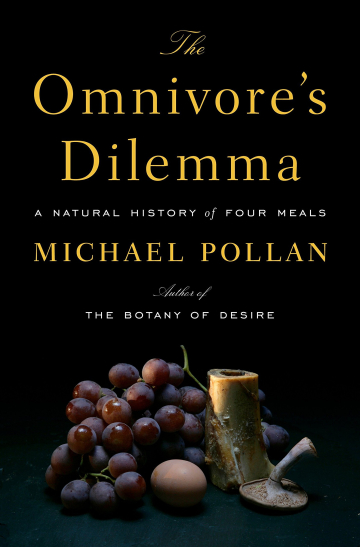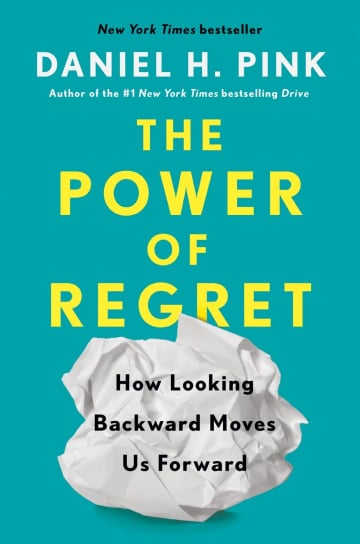
The Power of Regret: How Looking Backward Moves Us Forward
⚡️ 10 Quotes from the book
“Nearly all regrets fall into four core categories—foundation regrets, boldness regrets, moral regrets, and connection regrets.”
“A look at the research shows that regret, handled correctly, offers three broad benefits. It can sharpen our decision-making skills. It can elevate our performance on a range of tasks. And it can strengthen our sense of meaning and connectedness.”
“If you have a broken heart, it means you have done something big enough and important enough and valuable enough to have broken your heart.”
“All deep structure regrets reveal a need and yield a lesson. With boldness regrets, the human need is growth—to expand as a person, to enjoy the richness of the world, to experience more than an ordinary life.”
“And the most common harm was bullying. Even decades later, hundreds of respondents deeply regretted mistreating their peers.”
“A life of obligation and no opportunity is crimped. A life of opportunity and no obligation is hollow. A life that fuses opportunity and obligation is true.”
“Self-disclosure is intrinsically rewarding and extrinsically valuable. It can lighten our burden, make abstract negative emotions more concrete, and build affiliation.”
“If we know what we truly regret, we know what we truly value. Regret—that maddening, perplexing, and undeniably real emotion—points the way to a life well lived.”
“If our lives are the stories we tell ourselves, regret reminds us that we have a dual role. We are both the authors and the actors. We can shape the plot but not fully. We can toss aside the script but not always. We live at the intersection of free will and circumstance.”
“After a few years immersed in the science and experience of our most misunderstood emotion, I’ve discovered about myself what I’ve discovered about others. Regret makes me human. Regret makes me better. Regret gives me hope.”
Related videos
Publications
The Washington Post: You’ve been told to let go of the past. But can regret be good for you?
Forbes: Daniel H. Pink Says Regret Is Inevitable But You Can Harness It For The Good
Ask Albert:
Rate the book
⚡️ Discover Even More Bookish Wisdom
recommends
recommends

